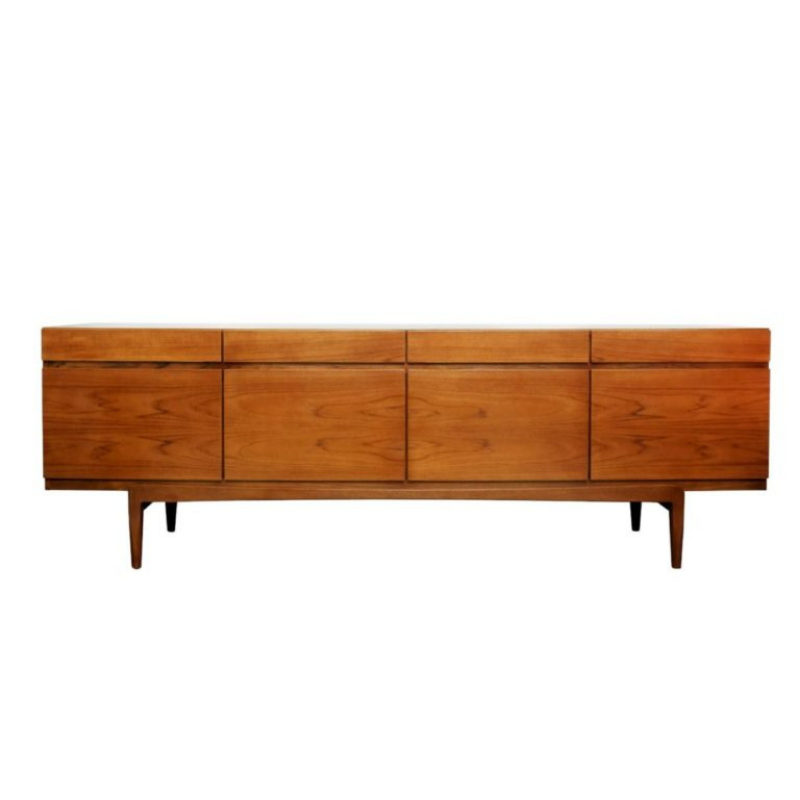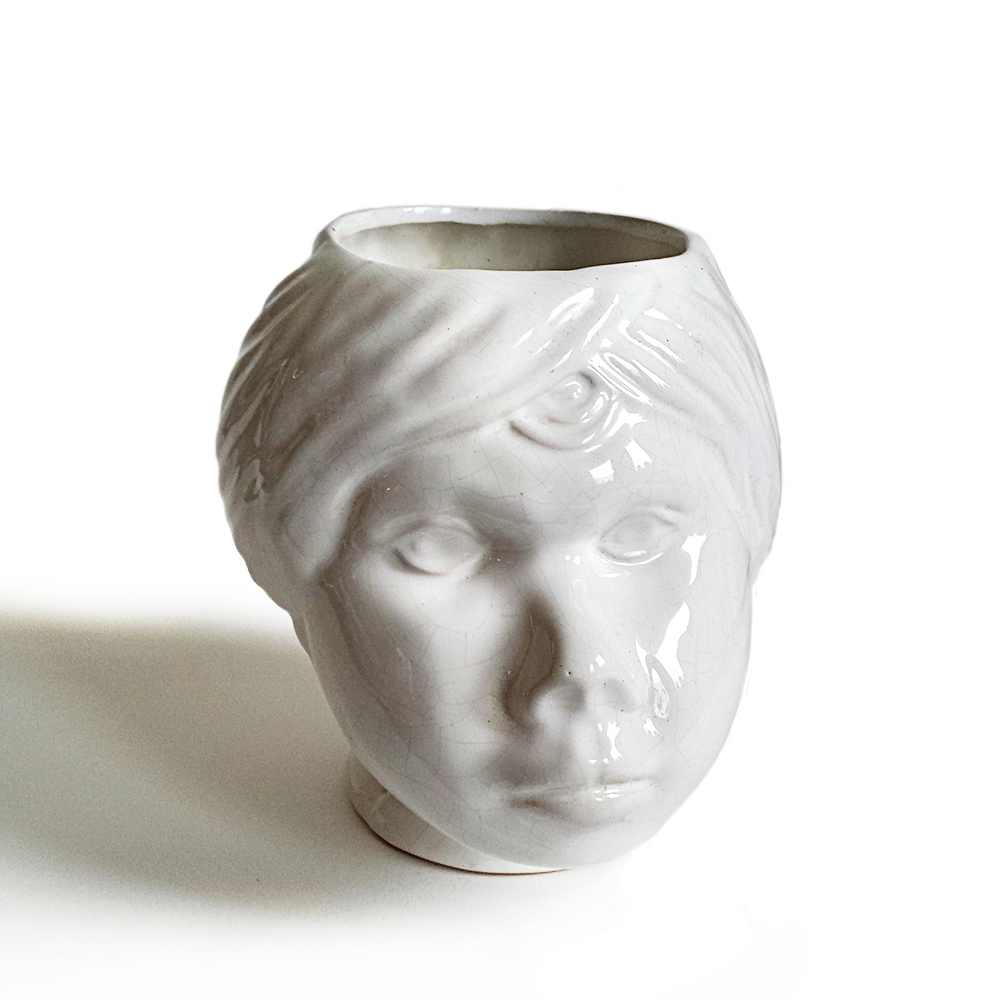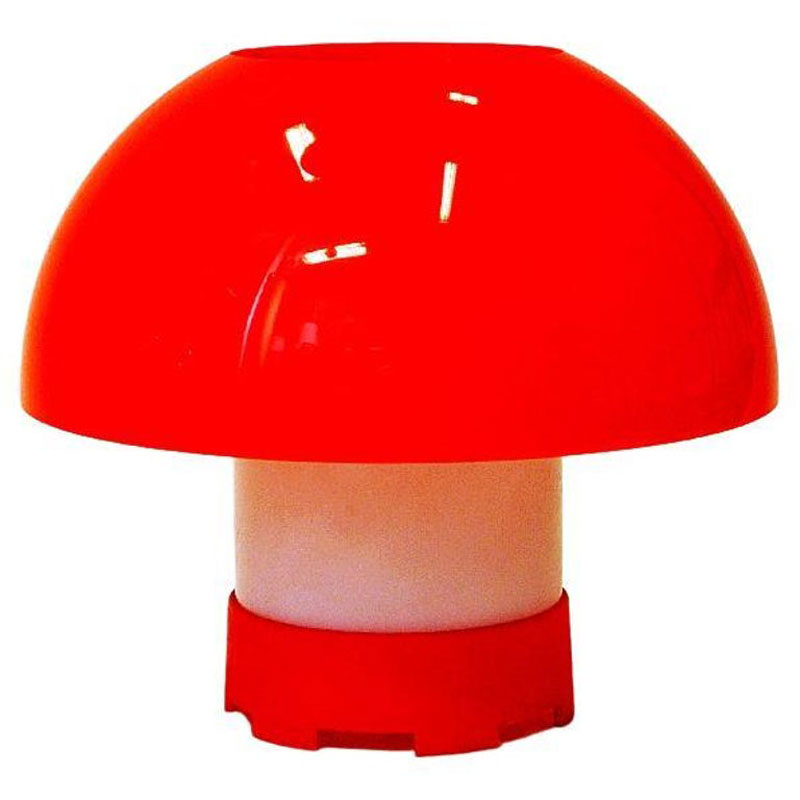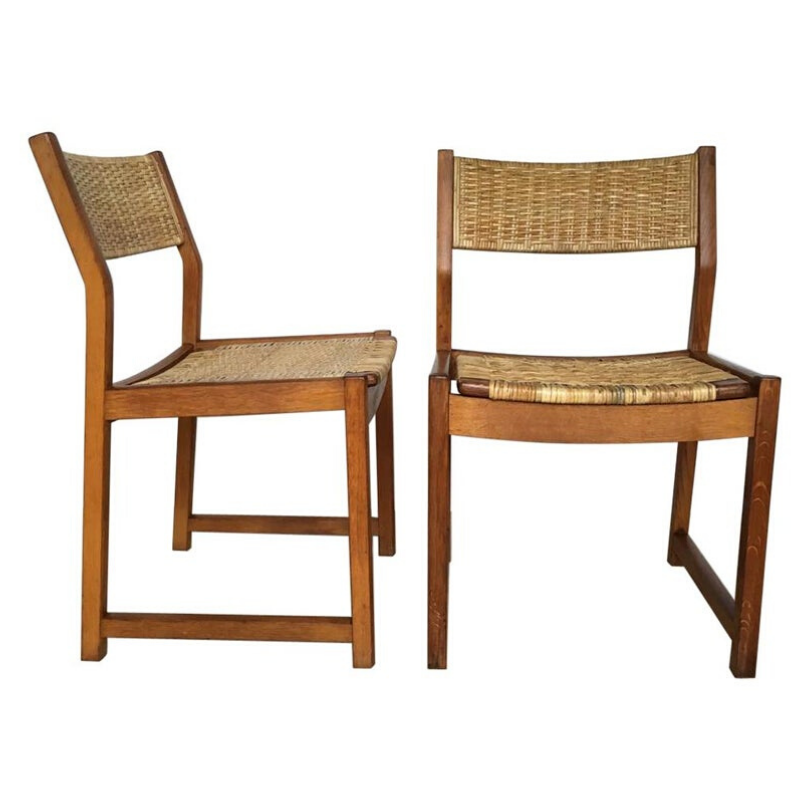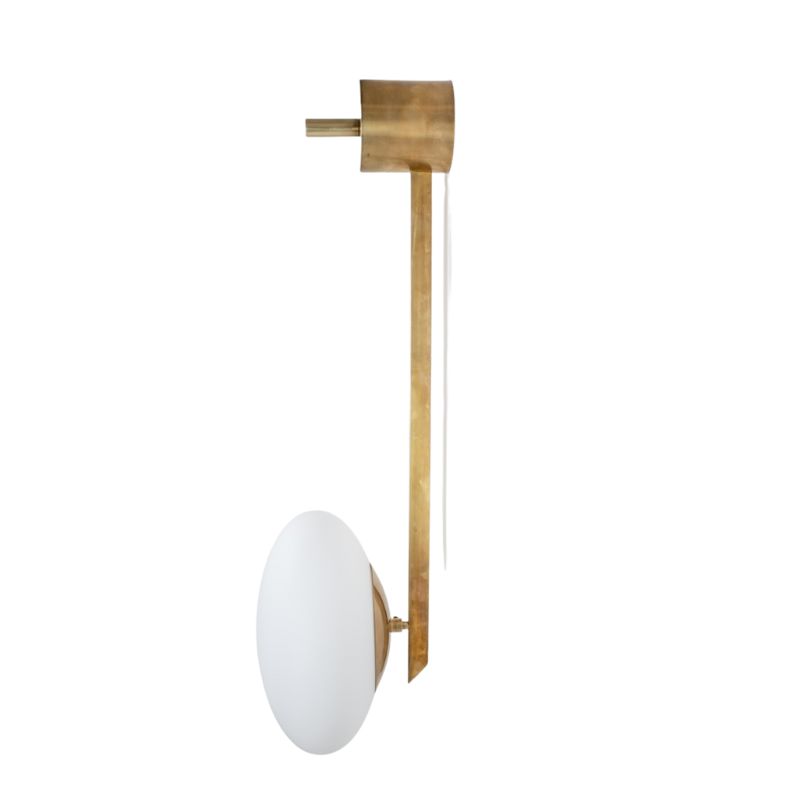Hello,
I am asking for your input on this table. The research I have done has convinced me that it is a Jalk coffee table. What i cannot figure out is if it is teak on top? The shelf and legs look like teak to me but the top???? Is this oak? or filthy wood? or sun bleached?
If filthy or bleached is it possible to restore the deeper lovely teak color?
Is the best course to sand it? Online I have seen controversy about using a soap like murphys on wood? any comments?
thanks for your time,
 <img class="wpforo-default-image-attachm
<img class="wpforo-default-image-attachm
more than dry
thcp
thanks for the reply...unfortunately my pictures do not show what i am talking about very well. the legs and slats of this table look great and are clearly teak...the top must be dirty and faded as the color is quite light (more oak-ish looking) and there is a lot of contrast in the light grain and some blackish tone lines...
I think the Jalk tables are solid right? if it is dirty and faded is it best to clean with wood soap? I am unfamiliar with sun damage to wood...is it permanent or can it be sanded and re oiled and restored?
I am woefully lame at wood ID and methodology for refreshing....
I am trying to develop better wood skills and learn what strategies are best for cleaning and revitalizing pieces worthy of such.
these pics might show the issues better?
dhutch17
thanks for the comment...I have never used boiled linseed...i always worried that if other finishing oils were used introducing linseed would cause stickiness or some reaction between the finishes.
I always heard that if a piece was finished or treated with one type of oil it should be repeated to avoid problems...Of course we often do not know what was used ....and that could be myth anyway....
would your steel wool or sand it a bit first? when a piece of wood is bleached is it the surface or down into the grain or is that a time and exposure equation?
thanks for your input
Hi LCA,
I have one of these...the top is not solid if that's what you meant by "solid"...but rather veneer over pressboard.
It does look like some pretty terrific sunbleaching has happened. I don't think oil is going to help that. You could do a tester by rubbing a little olive oil, or some innocuous oil, or even mineral spirits and see if it affects the color at all...you may have to re-stain.
Being veneer, I can't see how you'd be able to sand enough without going right through it.
Does your table use hex keys ? There's a similar table (Canadian made surely) and is very close to the Jalk, except the fins are thicker and flatter and it uses Robertson screws instead of hex...
edited to add words
As Solange says: it is veneer...
As Solange says: it is veneer. And it does look faded from solar exposure. Or like it is very dry. Almost chemical stripper dry.
I'd suggest a steel woofing. And then put teak oil on it. It has UV absorbers in it that will help bring back the color. If a few coats of that haven't made it better, you can help it along with artist' soil paints mixed into the teak oil before application. And the oil paint enhanced teak oil can be applied selectively to certain areas.
I don't think oil on oil weird reactions are a cause for concern. Just be sure to let the oil dry thoroughly between coats and wipe of excess oil with a dry rag a few minutes after application.
thank you
Leif and Solange
I think they are hex Solange...will double check...does that canadian version have the brass inserts on the legs?
Leif, interesting, I would like to try the artist's oil with teak oil mixture but would need more details...is there a certain tone or color combo you have mixed in with likely success? thanks again for walking a ways with me tonight,
LCA
Won't oil paint add opacity
to the color? I've tried that technique on other materials and it didn't have the transparency of color that I wanted.
I've had very good results using aniline dye dissolved in denatured alcohol to add color to very badly sun bleached teak. It lets all the wood grain show through and because I used the alcohol-soluble type, it didn't react with the teak oil that I applied later. You do have to strip all the old oil off the wood first, but alcohol and #0000 steel wool will do that.
You do have to be very careful applying aniline dye, though. You have to wipe it on in one continuous, steady swipe and then do the next swipe with as little overlap as possible. It builds up color if you keep going over an area, and it's easy to get a blotchy look if you try to touch up an area later. The good part is that it's dye and it's permanent.
Here are photos of my HG wall unit that I pieced together from a couple of sources. Most of it was that really dark old teak and I had to get the few sunbleached pieces to match. The bleached ones don't even look like teak---but they are! Sorry I can't add a total "after" shot yet---i have a lot of stuff on there that normally isn't, due to my kitchen remodel in progress.
Third pic is of the dye I used. Obviously you wouldn't use this color but there are a lot available. I actually mixed two and messed around with it a bit until I got it the way I wanted it.
This may be more than you want to do. I've also seen people use regular old wood stain to add color. The solvent-based ones seem pretty forgiving--easily blended in by going over it with a little oil on a rag. I considered that but thought dye would work better for what I needed to do on these pieces.
Just throwing it out there.
The color of the oil paint...
The color of the oil paint and the amount is art not science. My wife is phenomenally good at it. I am just competent. It doesn't take much paint. And using less is better than more that way you can experiment and build up the right tone after quite a few coats. Just don't overshoot it. And absolutely wait for it to dry before guessing the colorant for the next coat.
I would start with plain teak oil and see where that gets you. It might be all you need. And it would be important to start there as it will show you the base color of the teak oil on the wood once it dries.
spanky: you posted while I...
spanky: you posted while I was tapping out that post on my iPad. It is not my experience that oil paint adds any opacity. It is used in extremely small amounts. It just adds a slight amount of tint to the oil. Teak oil and danish oils do the same and we don't regard them as adding opacity.
Ok, good to know.
It sounds like a safer way to go than aniline dye, at least for this particular table.
I agree, try teak oil (a brand with no added varnish) and see how that looks. Oil and a gentle rubbing with #0000 steel wool will loosen any surface dirt. Wipe that off and oil again, let soak in for 5-10 minutes, then wipe off thoroughly. You made need to reapply oil a few times over a couple weeks as it soaks into the dryer areas.
Very helpful
I want to thank you all for participating in this discussion...not very glamorous topic but one I bet many readers struggle with as we collect aging furniture and find ourselves woefully short on refinishing options and skills.
I am a researcher and I research as much as I can...I have been feeling discouraged because there is so much conflicting advice given on the web that it is difficult to make an informed choice as different online sources directly contradict another. I end up doing nothing rather than make it worse. I understand at some point you have to jump in and try something and gain your own experience.
I respect your opinions and experience on this forum as you are coping with the exact kinds of wood and age issues. I understand that some issues are raised often in a slightly different context and you often exhibit a great deal of patience and time to reiterate in detail your experience for the new questioner. I really appreciate the detailed explanations when possible of specific techniques or products that you have had success with. Your generosity of experience and sharing knowledge.
Anyway, thank you from me and I am sure many other silent readers here!
LCA
I have same same Jalk coffe table (7 slat shorter version) with the same sun exposure /bleached issue. It's almost impossible to get that rich teak colour back. mine also had some water marks as well. I stripped it, lightly sanded with 300 grade sand paper, 0000 steel wool and 3 coats of teak oil, rubbed with steel wool in between oil coats. The table now looks half decent but no where close to what it should. Also if you are going to strip table do not do the cradle and legs as it's difficult to get into all those tight spaces to do a good job, instead sand with 120 then 220 sand paper and oil since that part of the table is solid teak.
If you need any help, please contact us at – info@designaddict.com





